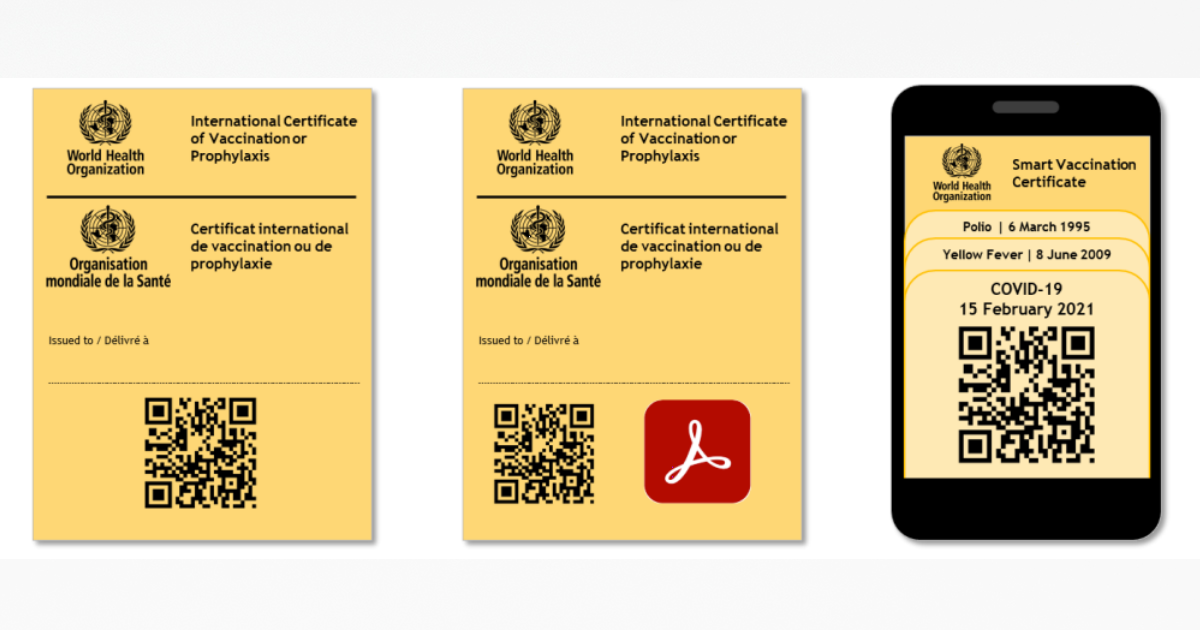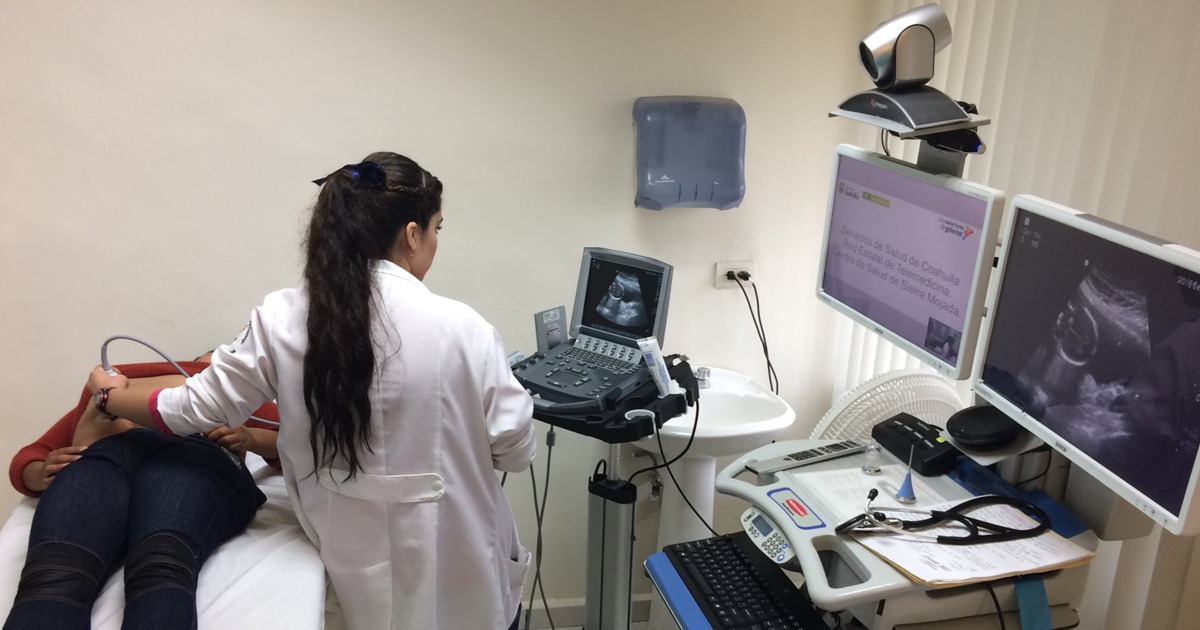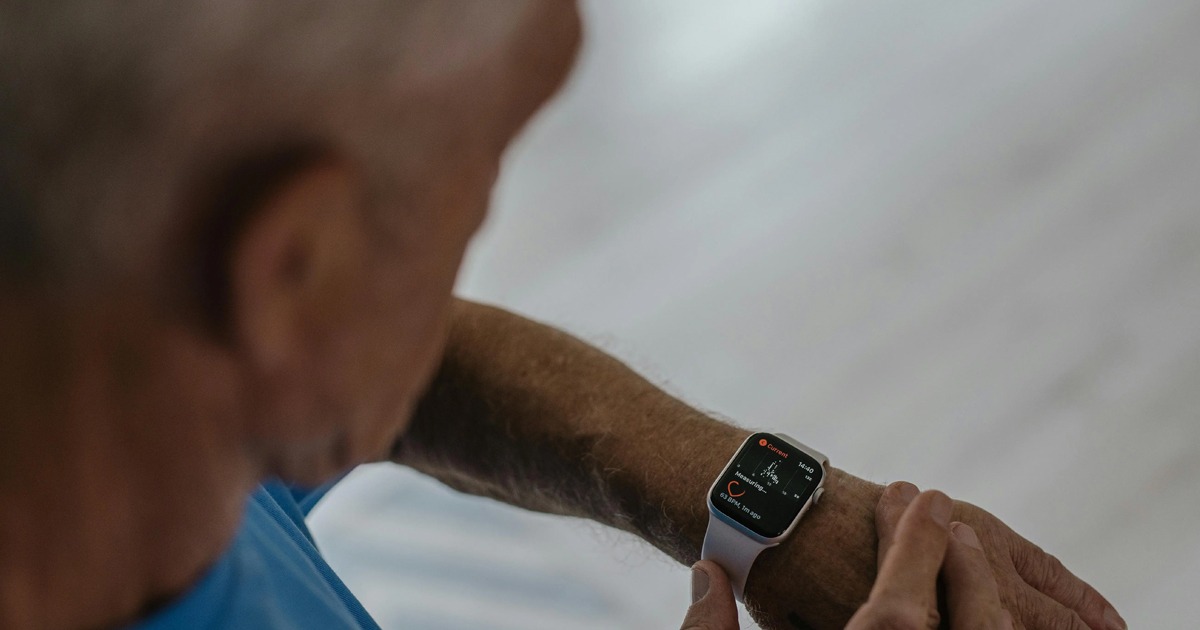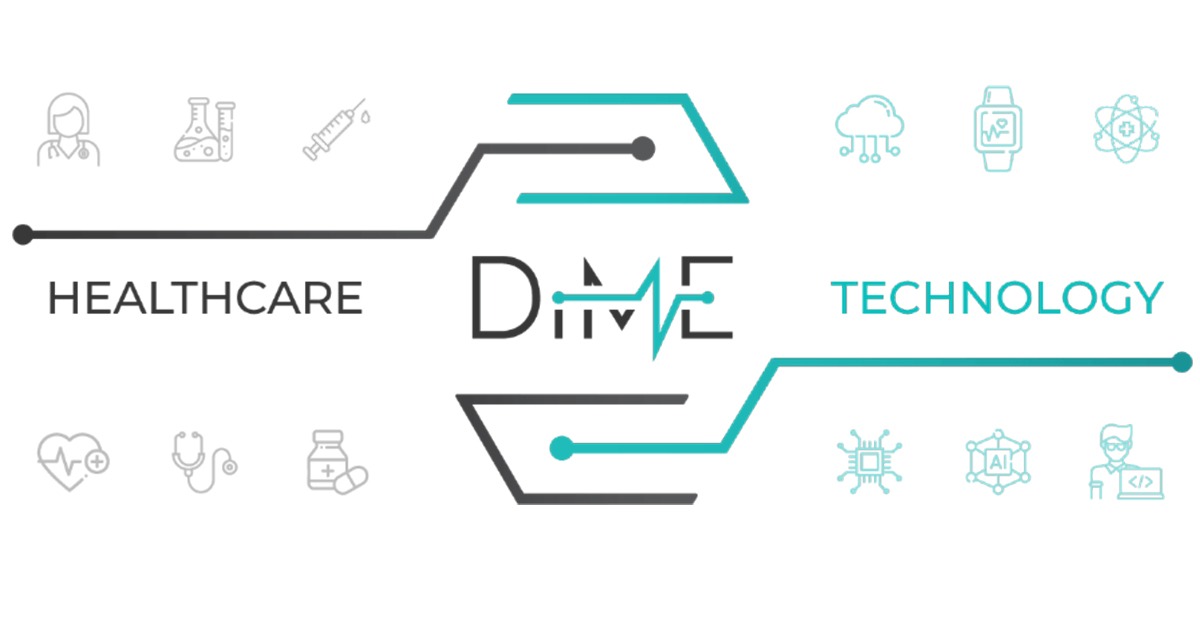On August 27, the World Health Organization (WHO) published a guidance document for countries that implement COVID digital certificates, and in its second section they set out the ethical considerations that health authorities must take into account.
The second section of the Digital documentation of COVID-19 certificates: vaccination status: technical specifications and implementation guide, published on August 27 by the WHO, shows in detail what are the ethical and data protection considerations that must be met and followed. digital systems and solutions, such as digital COVID-19 vaccination certificates.
Section 2 “Ethical considerations and data protection principles”, of the document explains that the “Digital documentation of COVID-19 certificates: Vaccination status” or DDCC:VS, as the WHO calls it; it must promote equitable access to them, as well as successfully apply the principles of user data protection.

The ethical considerations of the WHO when designing and developing a DDCC:SV in response to COVID-19 are divided into two main scenarios: first, as a record that your application works for the continuity of user care and does not give it only a single use; or second, used to document that the carrier has received the vaccine.
Potential uses of DDCC:VS should include public health surveillance, research, and pharmacovigilance.
As for the objectives that the implementation of this technology must meet according to the WHO, they are the following:
- Protect and promote the well-being of individuals, communities and the population as a whole,
- Ensure equal treatment for all people and prevent or mitigate, to the extent possible, health and unfair inequalities (i.e. health inequalities) within the boundaries of the State; Y
- Create and maintain trust in public health activities as part of the health care system).
Additionally, the WHO explains that during the process of applying this technology, as well as in its development, the following concepts must be met: Transparency, inclusiveness in decision-making, accountability and responsiveness.





